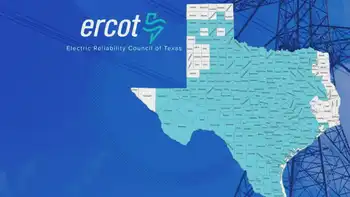FERC proposes reforms for small generator interconnections
By The Federal Energy Regulatory Commission
Substation Relay Protection Training
Our customized live online or in‑person group training can be delivered to your staff at your location.

- Live Online
- 12 hours Instructor-led
- Group Training Available
The reforms, outlined in a Notice of Proposed Rulemaking NOPR, are driven by market changes spurred in part by state renewable energy goals and policies. They affect FERCÂ’s pro forma Small Generator Interconnection Procedures SGIP and Small Generator Interconnection Agreement SGIA, which set the terms and conditions for interconnecting facilities of 20 megawatts MW or smaller. The recent NOPR proposes four reforms to the SGIP and SGIA.
The first reform would allow interconnection customers to request from transmission providers a pre-application report to help them better evaluate points of interconnection before submitting a formal interconnection request. This added transparency could increase the efficiency of the interconnection process for both transmission providers and interconnection customers.
The second reform would revise the current 2 MW threshold for participation in the Fast Track Process under section 2 of the SGIP. Fast Track eligibility instead would be based on individual system and resource characteristics, up to a limit of 5 MW.
A third reform would revise the customer options meeting and supplemental review for projects that fail the Fast Track screens that identify reliability or safety issues.
Finally, the NOPR would revise the pro forma SGIP Facilities Study Agreement by giving interconnection customers an opportunity to provide written comments on the upgrades that are necessary for the interconnection. The Commission believes transmission providers should make the final decision on required upgrades, but is concerned that failing to allow customers to review and comment on the upgrades may result in unjust and unreasonable costs.
Comments are due 120 days after publication in the Federal Register. Because of the technical nature of the reforms, the Commission directed staff to convene a workshop before the end of the comment period.











